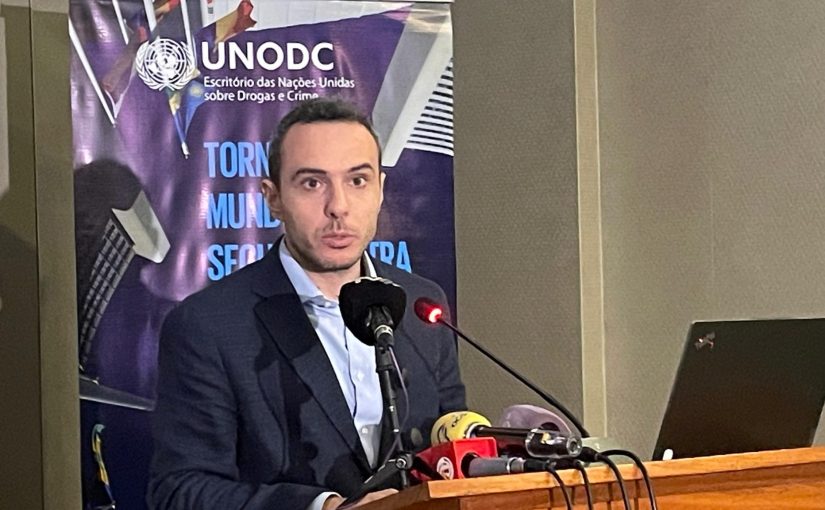Mozambique paid US$40.37 million in interest on 'hidden debt' Eurobonds up to March
Mozambique: EU to disburse 27 million Euros to fight wildlife crime

Photo: AIM
The European Union has pledged to disburse 27 million Euros (31.5 million US dollars, at the current exchange rate) to fund a project aimed at reducing and dismantling organized wildlife crime globally, including in Mozambique.
The project, which is called “Guard Wildlife”, will be carried out by the United Nations Office on Drugs and Crime (UNODC).
According to UNODC head, António De Vivo, who was speaking on Monday, in Maputo, will last three years and will be implemented in regions of Asia, the Pacific, and Africa and “Mozambique is classified as a number one priority country, guaranteeing greater support in its efforts to combat wildlife trafficking.”
“It’s 27 million Euros, an extremely generous donation, carefully designed as a targeted response to this multidimensional threat. It’s an initiative that operates under global jurisdiction, with a particular emphasis on the traffic corridors of Africa, the Pacific, and Asia”, he said..
He explained that the project aims to improve coordination, collaboration, and communication between national and international law enforcement agencies operating in Mozambique.
“The logic behind our intervention is based on a dual approach, which aims to tackle the challenge on two complementary fronts. On the one hand, to reduce the killing and trafficking of wildlife, including products and derivatives, in the countries of origin and destination. On the other, to reduce the demand for these same resources in end markets, thus attacking the root of the demand that fuels this transnational crime”, he said.
De Vivo also noted that the initiative will be implemented in close collaboration with INTERPOL, the World Customs Organization (WCO), and the CITES Secretariat, within the framework of the International Consortium to Combat Wildlife Crime (ICCWC), in partnership with civil society organizations (CSOs).
The project will also receive technical and logistical support from specialized organizations, including the Wildlife Justice Commission, in coordination with national institutions.
“The project is perfectly aligned with the European Union’s strategic guidelines, namely the biodiversity strategy, the implementation mechanisms of the European Green Deal, and other relevant strategic plans”, he said.
For her turn, Luís Mabote, a Supreme Court Judge, said that the project will enable coordinated alignment among all institutions involved in combating wildlife crime, including all investigative and prosecution institutions in order to ensure more effective results.
“This must be a joint effort by all institutions. As you know, the courts are downstream; upstream are all the investigative, investigative, and prosecution institutions. Only at the end are these cases handed over to the courts”, he said.












Leave a Reply
Be the First to Comment!
You must be logged in to post a comment.
You must be logged in to post a comment.